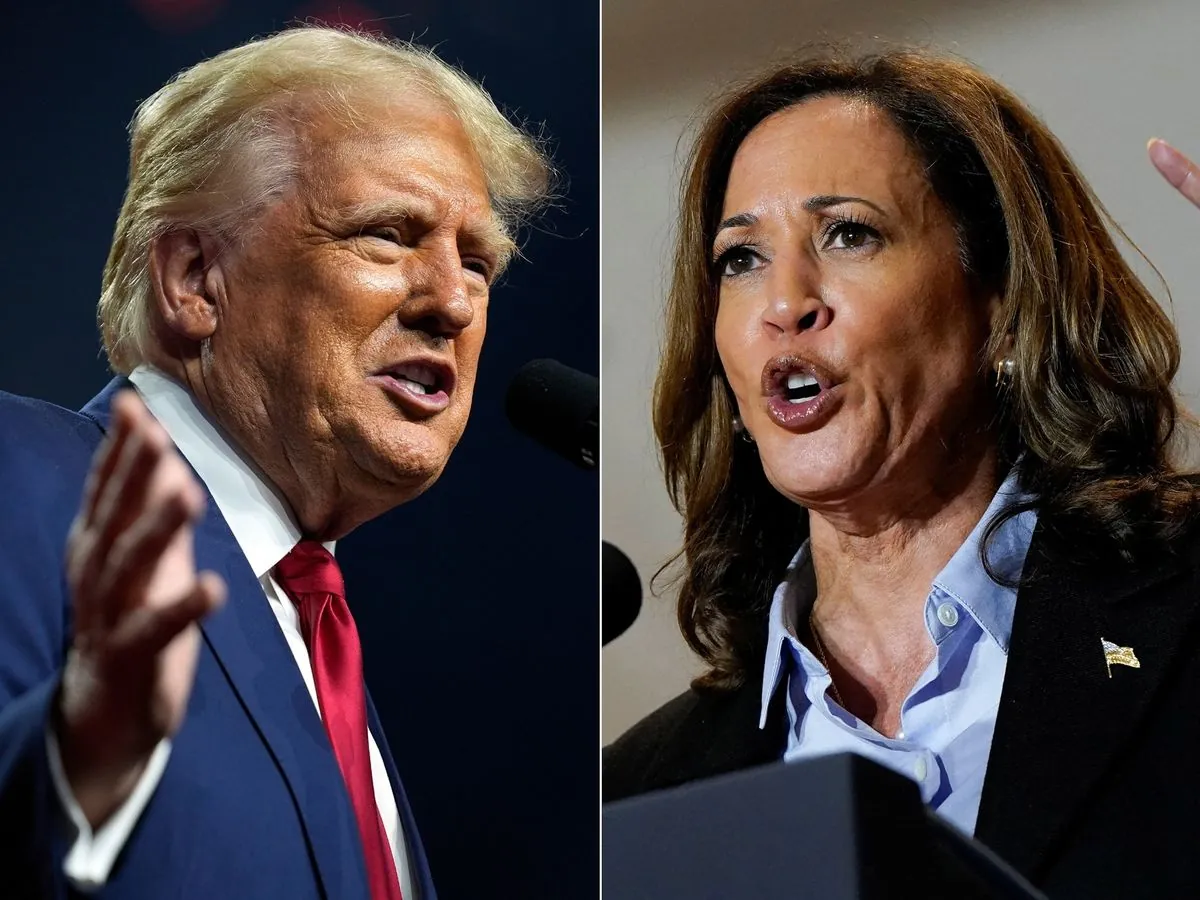Harris Faces Balkan Policy Challenge Ahead of Trump Debate
As Kamala Harris prepares for a debate with Donald Trump, the Biden administration's Balkans policy comes under scrutiny. Worsening regional situations and ineffective U.S. approaches raise concerns about strategic interests.

As Kamala Harris prepares for her September 10, 2024 debate with former President Donald Trump, the Biden administration's Balkans policy emerges as a potential point of contention. The situation in the region has deteriorated significantly during President Joe Biden's tenure, raising questions about the effectiveness of U.S. foreign policy in this strategically important area.
The Balkans, a region in southeastern Europe comprising countries such as Serbia, Kosovo, Bosnia and Herzegovina, Montenegro, and North Macedonia, has long been a complex geopolitical landscape. The area's history is marked by the dissolution of Yugoslavia in the 1990s and subsequent conflicts, making stability and progress crucial for European integration and regional security.
However, the current U.S. approach to the Balkans has faced criticism for its inability to advance American interests effectively. The administration's handling of relations with Serbian President Aleksandar Vucic exemplifies this issue. Despite Vucic's actions undermining regional stability, the U.S. has failed to hold him accountable, instead adopting a conciliatory stance reminiscent of previous administrations.
Serbia's influence on its neighbors has been particularly problematic. In Bosnia and Herzegovina, pro-Russian president Milorad Dodik continues to push secessionist rhetoric, while Montenegro has seen increased Serbian interference in its political affairs. These developments threaten the sovereignty and Euro-Atlantic aspirations of these nations.

The situation in Kosovo remains the most volatile. Prime Minister Albin Kurti's provocative actions in the Serb-majority north have strained relations with Western allies. Despite U.S. and EU sanctions, Kurti has persisted in his approach, highlighting the ineffectiveness of current diplomatic efforts.
"We are pleased with the growing forms of cooperation between Serbia and Ukraine."
This statement underscores the questionable U.S. policy of engaging with Serbia despite its continued alignment with Russia and other autocratic regimes. Serbia's refusal to impose sanctions on Russia following the invasion of Ukraine in February 2022, and its subsequent gas deal with Moscow in May 2022, demonstrate the limits of Western influence on Belgrade.
The stalled Serbia-Kosovo dialogue, facilitated by the EU and supported by the U.S., further illustrates the challenges in the region. The unsigned normalization "accord" from 2023 remains unimplemented, with Serbia formally notifying Brussels in December 2023 that it does not consider the agreement legally binding.
As Harris prepares for her debate, she must confront these issues and articulate a more effective Balkans strategy. The region's stability is crucial for European security and U.S. interests, requiring a policy that balances diplomatic engagement with a firm stance against actions undermining regional peace and democratic values.
The Balkans situation serves as a microcosm of broader foreign policy challenges. It highlights the need for a coherent strategy that upholds democratic principles while effectively wielding U.S. influence. As the debate approaches, Harris's ability to address these complex issues may prove crucial in demonstrating her foreign policy acumen and readiness for potential presidential responsibilities.


































